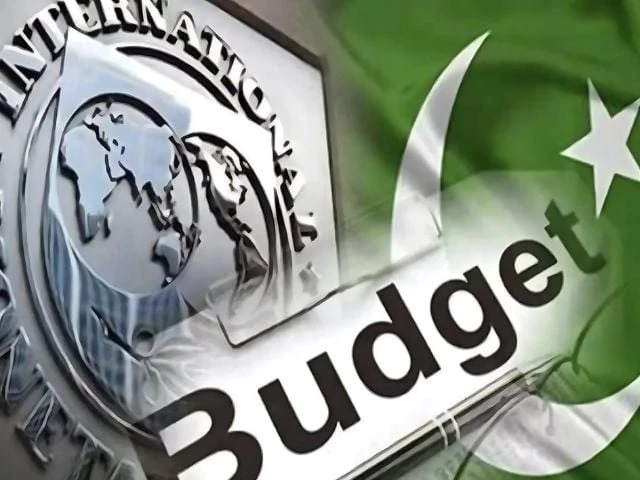Islamabad, 28 May 2025: ‘Single-Digit Inflation’ remains a top priority in Pakistan’s upcoming fiscal strategy, as the government accelerates talks with global lenders to strengthen its financial footing.
AHEAD OF BUDGET
In Islamabad, newly appointed World Bank Country Director Bolorma Amgaabazar met with Federal Planning Minister Ahsan Iqbal to discuss strategic planning and the revival of development dialogue under the URAAN Pakistan Vision.
This comes as part of Pakistan’s government officials holding meetings before unveiling Budget FY2026. Minister Iqbal acknowledged the World Bank’s continued partnership and highlighted the outgoing Director, Najy Benhassine’s efforts in enhancing cooperation.
He emphasized the importance of intelligent, scenario-based planning to future-proof the country’s development model, rooted in the “5Es” Exports, E-Pakistan, Environment, Energy, and Equity.
Iqbal stated that reviving the Pakistan Development Forum will encourage meaningful dialogue between government institutions and development partners.
READ MORE: IMF Rejects Key Budget Targets: What’s Next?
The initiative aligns with the URAAN framework, which aims to transition Pakistan into a $3 trillion economy by 2047.
The Planning Ministry, he added, is actively modernizing civil services and enhancing public sector efficiency with support from the World Bank.
The Minister also pointed to recent national crises such as the 2022 floods and COVID-19 response as case studies of integrated and rapid planning under URAAN Pakistan.
‘Single-Digit Inflation’ was again referenced as a critical economic target to ensure stable growth and social protection.
WORLD BANK LENDS SUPPORT TO PAK BUDGET
Pakistan’s finance officials and the International Monetary Fund (IMF) have made headway in talks surrounding the 2025-26 federal budget.
The two parties reached an initial understanding on fiscal objectives, including revenue targets, social spending, and energy pricing reforms.
The IMF delegation, led by Nathan Porter, concluded its visit on May 24, with discussions covering macroeconomic stability, inflation control, and structural transformation.
The upcoming fiscal plan targets a 1.6% primary budget surplus, aligning with IMF recommendations to maintain fiscal discipline while preserving essential public services.
Officials revealed that the talks also delved into energy tariff adjustments, broadening the tax base, and reforming public-sector enterprises.
Porter emphasized the importance of a “data-driven monetary policy” to anchor inflation near the central bank’s 5–7% range a target consistent with Single-Digit Inflation goals.
READ MORE:World Bank Greenlights $108M for Pakistan
While certain matters, such as defense spending and tax relief for salaried groups, remain unresolved, further negotiations are expected in the coming weeks.
The IMF appreciated Pakistan’s efforts to rebuild foreign reserves, support exchange rate flexibility, and strengthen regulatory frameworks.
IMF, WORLD BANK BACK PAKISTAN’S BUDGET
In a separate meeting, Pakistan’s Minister for Economic Affairs, Ahad Cheema, met with incoming World Bank representative Bolorma Amgaabazar and her predecessor Najy Benhassine.
Both parties agreed to continue working closely under the Country Partnership Framework (CPF), with a renewed focus on fiscal sustainability and inclusive development.
Cheema reiterated that Pakistan’s reform path backed by international partners aims to facilitate investment, economic diversification, and provincial project execution.
Amgaabazar affirmed the Bank’s commitment to supporting ongoing programs, especially as Islamabad prepares a new agreement with the IMF.









